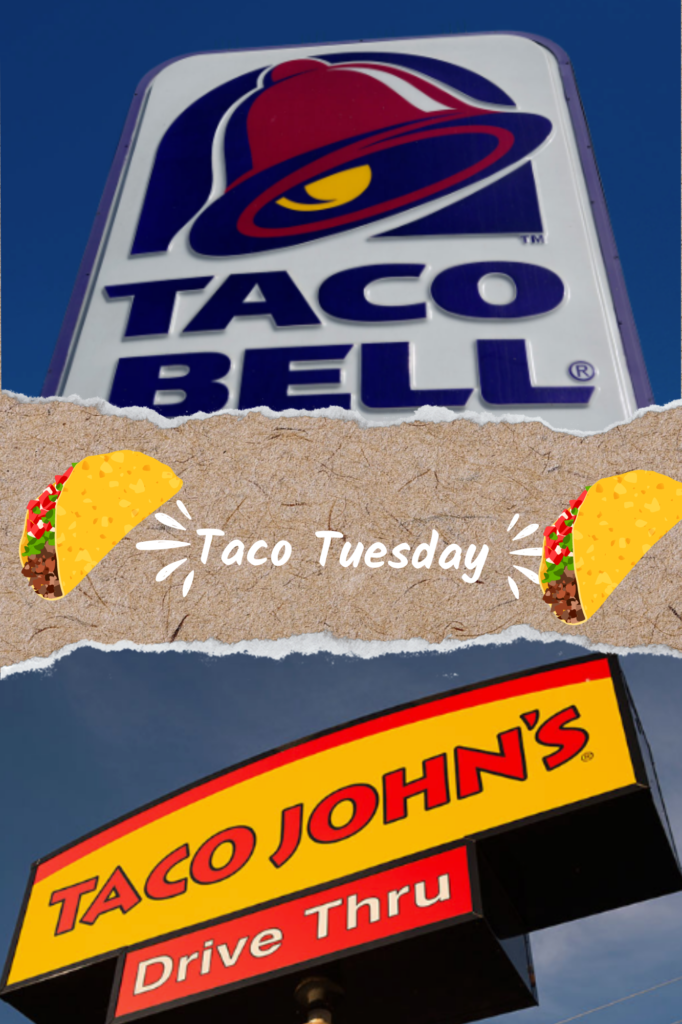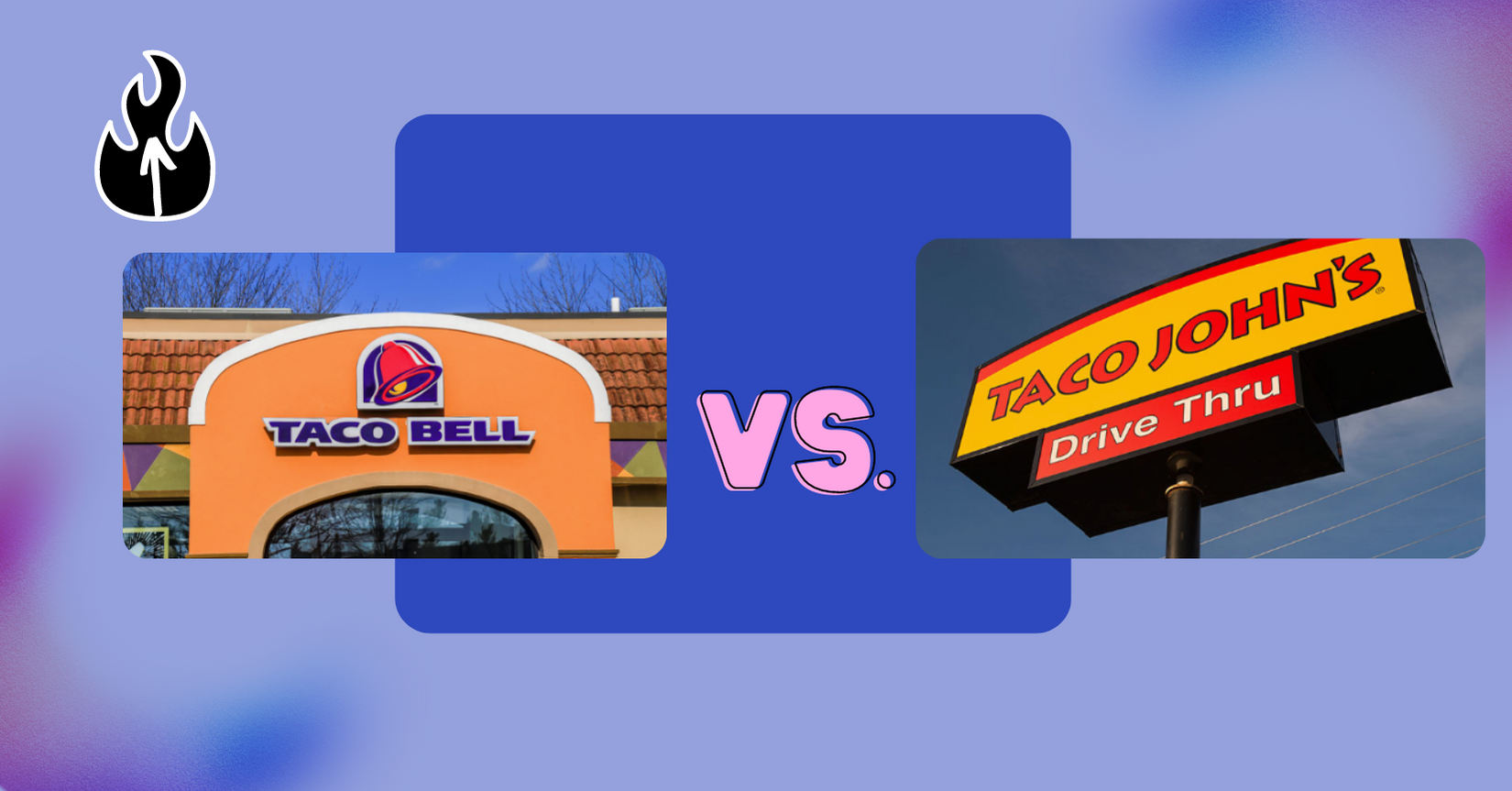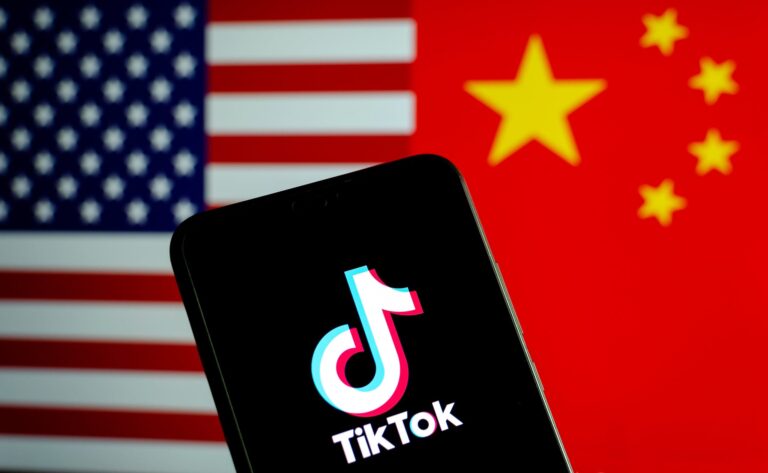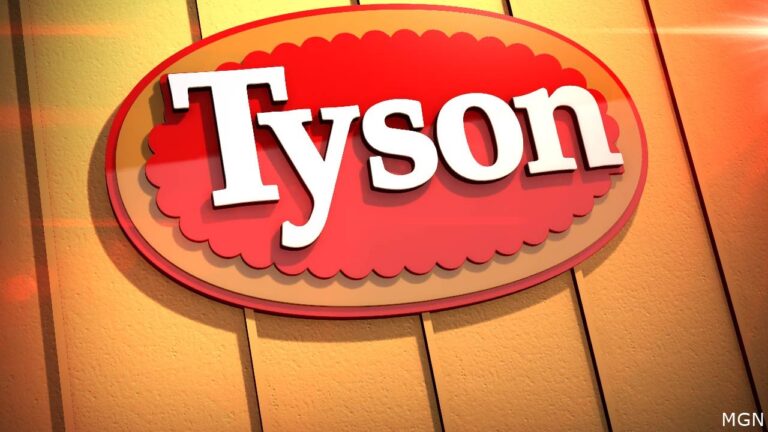
If you’re like me, you love a good taco and “Taco Tuesday” has become a staple in your life. Whether you make them at home or you go out to your favorite restaurant, it is a great excuse to get family or friends together over a great meal. But now, Taco Bell and Taco John’s are taking “Taco Tuesday” into the realm of marketing, branding, and intellectual property. In a recent legal petition by Taco Bell, the brand aims to liberate “Taco Tuesday”, stating that “Taco Tuesday” should belong to all who make, sell, eat and celebrate tacos.”
The Origin of “Taco Tuesday”
But what many are not aware of is that the term “Taco Tuesday” was a phrase coined by a Wyoming-based taco chain called Taco John’s, according to The Associated Press. It was actually one of the chain’s Minnesota locations that created the phrase. In 1989, the Patent and Trademark office approved the trademark “Taco Tuesday” on behalf of Taco John’s. And rest assured, Taco John’s has had no shortage of poachers trying to infringe on their trademark. In 2019, they sent a brewery blocks away from their headquarters, a warning to stop using the term in order to defend their trademark rights. Even NBA player, LeBron James, unsuccessfully attempted to claim the trademark in 2019.
Taco John’s has responded to the filing by not only creating a new two-week “Taco Tuesday” promotion, but the CEO, Jim Creel, said in a statement, “I’d like to thank our worthy competitors at Taco Bell for reminding everyone that Taco Tuesday is best celebrated at Taco John’s. We love celebrating Taco Tuesday with taco lovers everywhere, and we even want to offer a special invitation to fans of Taco Bell to liberate themselves by coming by to see how flavorful and bold tacos can be at Taco John’s all month long.” I felt a little shade in that response.
The Trademark Tiff Over Taco Tuesday
So let’s talk facts. A trademark is a brand’s name, logo, or other identifying mark. It helps consumers distinguish one brand from another. If a brand or company uses a trademark without permission, the brand owner can take legal action. This could include filing a lawsuit or sending a cease and desist letter. Taco Bell has filed its petition with the Trademark Trial and Appeal board, but a decision could take up to two years. While awaiting the decision, Taco Bell is simultaneously inviting the public to have their say by creating a petition on change.org/freeingtacotuesday. (As of this article, only 438 people have signed it.) They are even taking to Reddit, conducting a AMA on May 22, 2023, where consumers can ask questions about the liberation campaign. Smart move!
Taco Bell’s move to “liberate” the “Taco Tuesday” phrase demonstrates a keen understanding of their brand identity and their target demographic. The popular phrase is well-known and widely used, and by challenging its trademark status, Taco Bell is positioning itself as a champion of the people’s right to enjoy their tacos without legal restrictions. This strategic move is aimed at reinforcing its connection with a younger demographic, typically aged between 18 and 34, who value authenticity, inclusivity, and a sense of community.
Taco John’s hold over the trademark “Taco Tuesday” has allowed it to maintain a unique selling point in the market. However, Taco Bell’s challenge highlights the potential limitations of such a strategy. If a phrase becomes too commonplace, it can be argued that it has moved beyond the scope of a single entity’s control. Taco Bell has a strong case, according to trademark attorney, Josh Gerben, since US trademark law “prevents the registration of common phrases or phrases that become commonplace after a registration is granted.” Marketers must therefore be aware of the fine line between maintaining a unique, trademarked catchphrase and the risk of it becoming a generic, commonly used term.
The #BrandRewind
The “Taco Tuesday” battle also serves as a great lesson in the importance of public engagement. By framing its challenge as an effort to “liberate” a beloved phrase, Taco Bell is not only attracting publicity but also fostering a narrative that places the brand on the side of its consumers. This strategy could potentially enhance brand loyalty and appeal to new customers who value the brand’s stance on this issue. As this epic battle unfolds, marketers should remember the importance of understanding their target audience, the potential pros and cons of trademarking, and the power of a well-framed narrative. By keeping these lessons in mind, brand marketers can better navigate their own branding strategies and forge stronger connections with their customers.
So what side are you on #TeamTacoJohns or #TeamTacoBell?
About The Author
Barika Phillips Bell is the co-founder of the award winning agency, B3 Media Solutions, a digital analytics, social research, listening (search & social), data visualization, and reporting agency. She has over 16+ years experience within social media and market research on both the brand and agency side.




